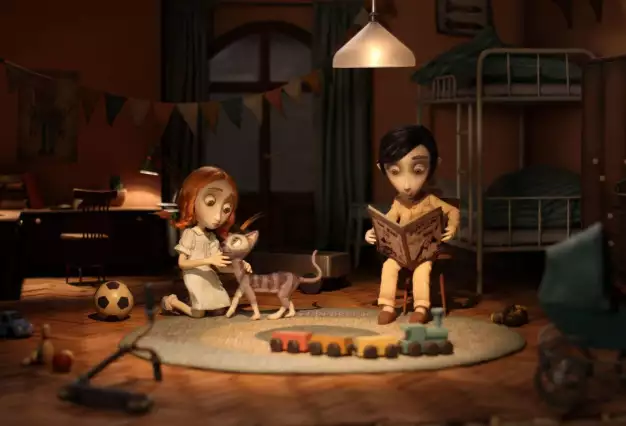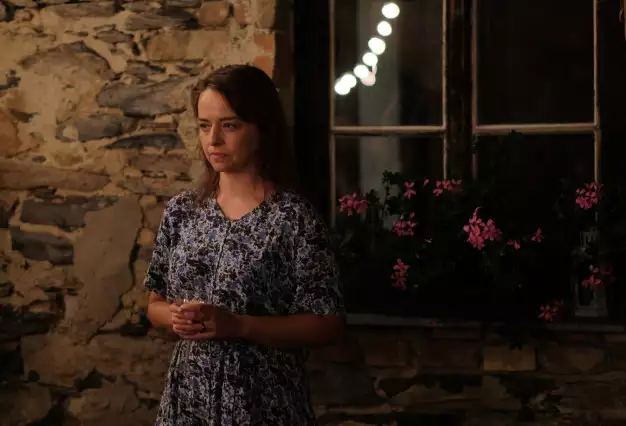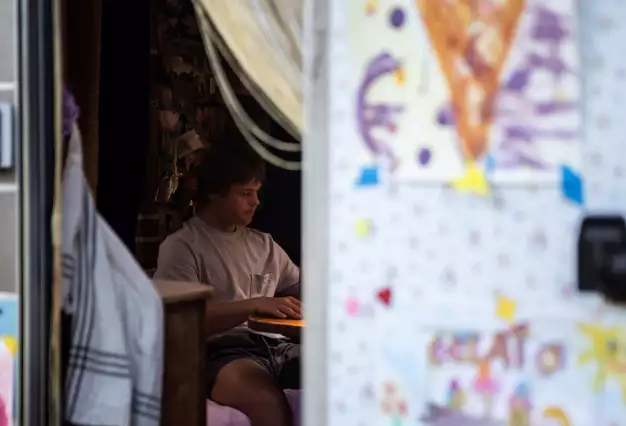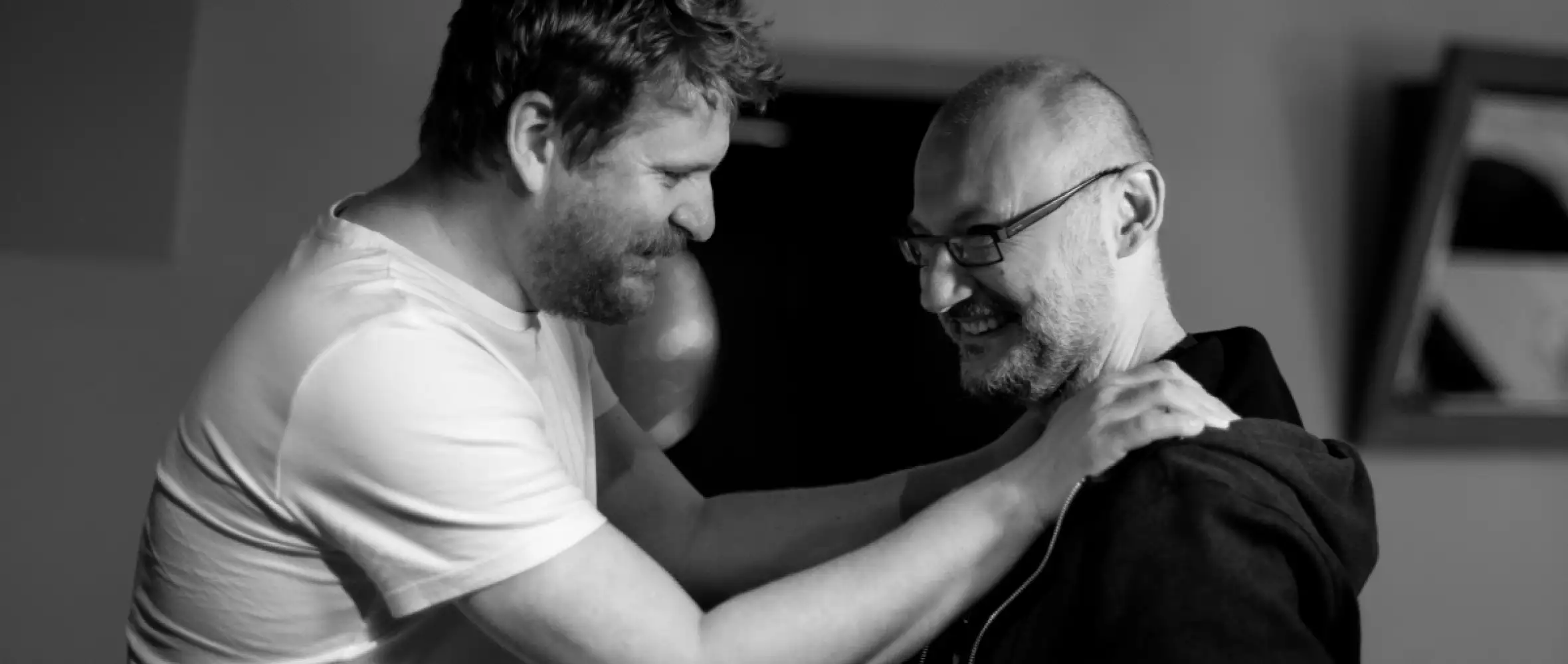
23 May 2022
Nobody Likes Me: Otherness under the tyranny of the majority
Nobody Likes Me: Otherness under the tyranny of the majority

The creative team on one of the most internationally successful Czech films in recent history, I, Olga Hepnarova, have reunited for a second effort. Considered a spiritual sequel to their breakthrough debut, their follow-up project employs highly cinematic language to broach the topics of social pariahs, nonconformity, intolerance, and intersexuality.
Article by Martin Kudláč for CZECH FILM magazine / Summer 2022
Creative teaming is hardly a new phenomenon on the Czech cinema scene. Collaborations, short-term or long-term, on auteur-driven projects are a common feature on the domestic film landscape, with some pairings not only outlasting a single venture but taking on a style and poetics all their own.
Petr Kazda and Tomáš Weinreb are one such duo who have stepped into the international spotlight. The two have been working in tandem ever since their FAMU days, and founded the production company Black Balance in 2011. But their major breakthrough came when their feature-length debut, I, Olga Hepnarova — which they wrote, directed, and produced—opened the Panorama section at the 66th edition of the Berlin International Film Festival.
Following the last woman to be sentenced to death in the country, the perpetrator of a mass killing in 1973, I, Olga Hepnarova is neither a conventional portrait of a mass murderer, nor true crime, nor bio-pic. While the film shares all these elements, the result is much more intriguing and multidimensional, packaged as an introspective and unbiased psychological film with an existential aura to it.
The meticulously reproduced mood of the 1970s, a particularly harsh period in communist Czechoslovakia, was crucial as the backdrop not only for Olga’s psychosis but also a factor in the bloody deed she carried out in a truck on July 10, 1973. Hepnarová vowed not to depart this world as “an unknown suicide victim,” suggesting that her infamous rampage was an act of retribution against society’s oppression. Polish actress Michalina Olszańska (The Lure, Mr. Jones) brought to life the enigmatic character of a loner who didn’t conform to social norms in a compelling performance.
The drama had a stellar festival life, screening at 90 festivals around the globe, including Guadalajara, Hong Kong, Montreal, Melbourne, Taipei, Sao Paolo, and Reykjavik. Bolstering the critical acclaim was an array of international awards, including best film, best directors, and best actress. The film’s avid reception on the festival circuit also translated into theatrical releases across more than 13 territories including the UK, Ireland, the US, Canada, Brazil, Mexico, Taiwan, Spain, Swiss, and Germany, as well as I, Olga Hepnarova being sold to global streamers Netflix, MUBI, and Amazon.
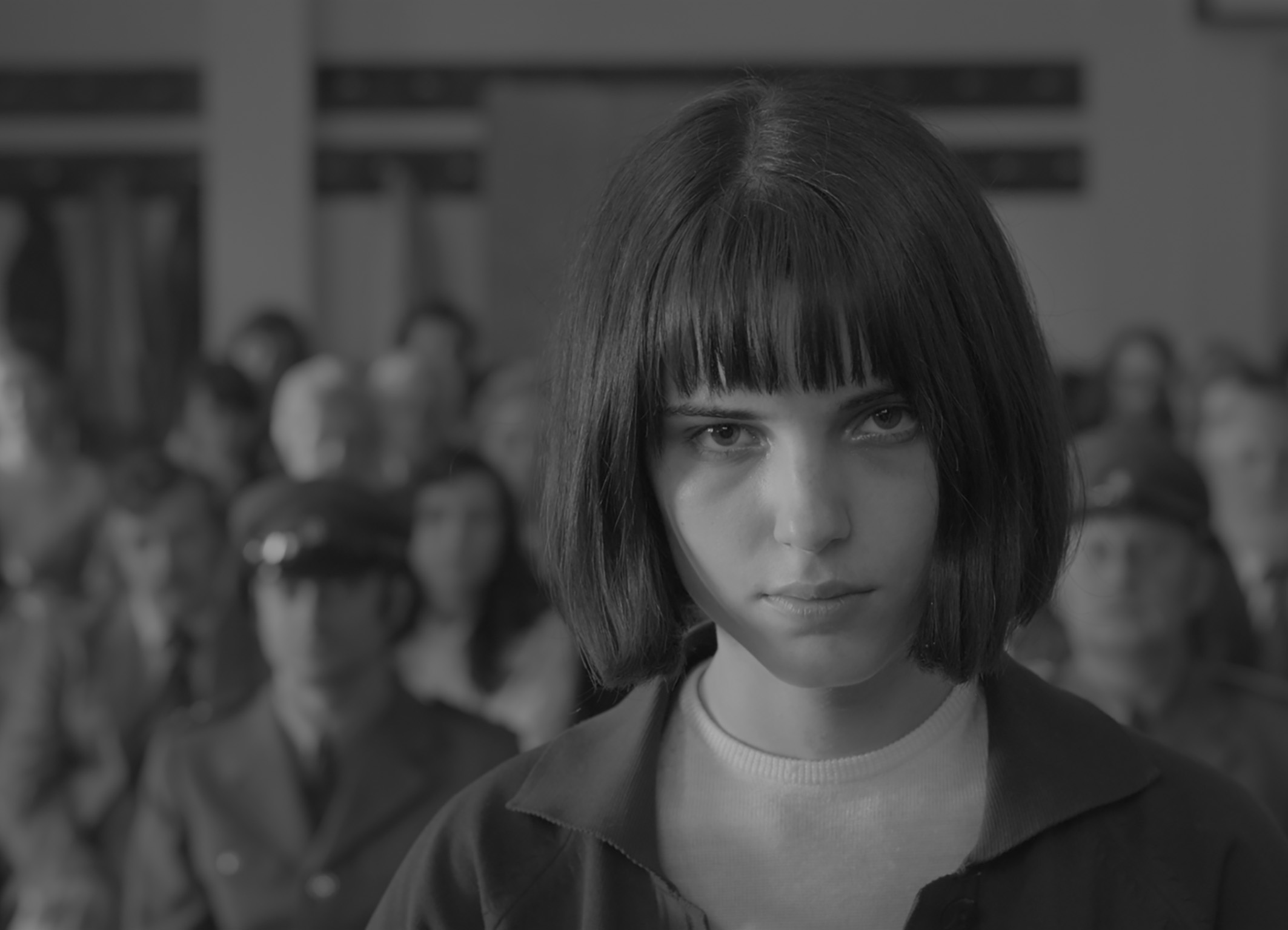
Against the odds
Among the hubbub and duties stemming from shepherding their feature debut through the world, Weinreb and Kazda also set to work drafting a follow-up project, Nobody Likes Me, continuing to consult their ideas with I, Olga Hepnarova co-producers Guillaume de Seille and Vojtěch Frič, the latter of whom also served as editor on the project. In winter 2017, the first treatment was finished, and the pair took their sophomore project to the Sofia Meetings, as well as pitching it at the domestic industry platform Czech Film Springboard.
After the Czech Film Fund awarded a grant covering all the development costs of Nobody Likes Me, the gears continued to turn with an invitation to the Berlinale Co-Production Market 2018, where the project won backing from Creative Europe – MEDIA Development. “They’re still interested in how the work is coming along, how the film is developing,” said producer Vojtěch Frič of love.FRAME regarding the Berlinale.
The crew helmed by Weinreb and Kazda are reuniting for their second project under considerably different circumstances than the last time. While the global pandemic certainly contributed to the delay of production works on Nobody Likes Me, the Czech film industry didn’t grind to a halt, thanks to Czechia being the first country in Europe to adopt measures for filming under COVID, designed by the Audiovisual Producers’ Association in cooperation with the Czech Film Fund and the European Institute for Health and Safety in Film Industry.
As a result, the first clapperboard on the Nobody Likes Me set clapped in March 2021 in the Slovak capital of Bratislava, with shooting continuing in the Czech cities of Plzeň and Prague before returning to Bratislava. Principal photography began during the peak of the second COVID wave, and then continued in shooting blocks in April, June, October, and November.
Adhering to health and safety protocols, the shoot went smoothly, with no further bumps in the road. “I have to praise Vojtěch [Frič],” said Weinreb, who worked with an international crew on location. “His production company love.FRAME had a perfectly fine-tuned security system, and we didn’t have a single infection in the whole filming process.”
One major change in the crew compared to Weinreb and Kazda’s feature debut was in the director of photography. Slovak DoP Juraj Chlpík — known for his work on the award-winning documentaries Blind Loves and A Hole in the Head, as well as Ivan Ostrochovský’s critically acclaimed period drama Servants — lensed the entire film. Chlpík shot on a Super 16 camera, and unlike I, Olga Hepnarova, Nobody Likes Me won’t be in black-and-white. The material will be processed in London’s Kodak Film Lab.
Given that the protagonist of Nobody Likes Me works in the armed forces, shoots took place on location in the area of the Prague Garrison Command. To make the scenes as convincing as possible, Weinreb and Kazda also invited professional soldiers to appear. “The authenticity of the military environment and the precise skills of the soldiers during their exercises in the barracks and in Vítkov were crucial. It was one of the few things in the film we couldn’t do without,” said Frič.

A Czech Antigone
As on previous projects, Weinreb and Kazda coauthored the script of Nobody Likes Me, as well as sharing directing duties and serving as producers for their outfit Black Balance. “A significant source of inspiration for the script of Nobody Likes Me was the classic Greek drama Antigone,” said Kazda, while noting that they wanted the story to take place in the present. “We want to show that life can’t be understood or perceived only rationally or pragmatically. Everything that happens around us can hide either a discovery or an appalling truth,” he concluded.
The main character in this psychological drama is Sára, a loner in her late twenties who works as a secretary at the army headquarters in Prague. Single and childless, Sára remains under the harsh influence of her authoritative mother and finds solace in solitude, observing the world around her without the need to actively engage in it.
One day she is awakened from her existential limbo by the mysterious stranger Martin, and falls in love with him. When Sára wants to take their relationship to a physical level, Martin’s secret surfaces. Sára finds understanding for Martin’s anatomy, which lies outside the strict binary of male and female. But the harshness of reality invades their lives when Sára, acting in good faith, outs Martin, and the wrath, judgment, and condemnation of society comes down on both of them.
“Both of the main characters, Sára and Martin, are different. Despite this, and notwithstanding their doubts, they are strong personalities and don’t easily give up. Their pursuit of happiness goes beyond ordinary everydayness,” said Weinreb of the central story, which echoes the I, Olga Hepnarova theme of outsiders who don’t conform to the conventional views of majority society.
As onlookers denounce the relationship between Sára and Martin as unnatural and unacceptable, we see a parallel in the melodramatic plot with the Greek tragedy about the daughter of King Oedipus, who defies the King of Thebes in order to bury her brother. In Weinreb and Kazda’s story, Sára, like Antigone, overcomes obstacles to fight for somebody else and an unpopular cause, broaching the sensitive topic of intersexuality while not making it the centerpiece of the film.
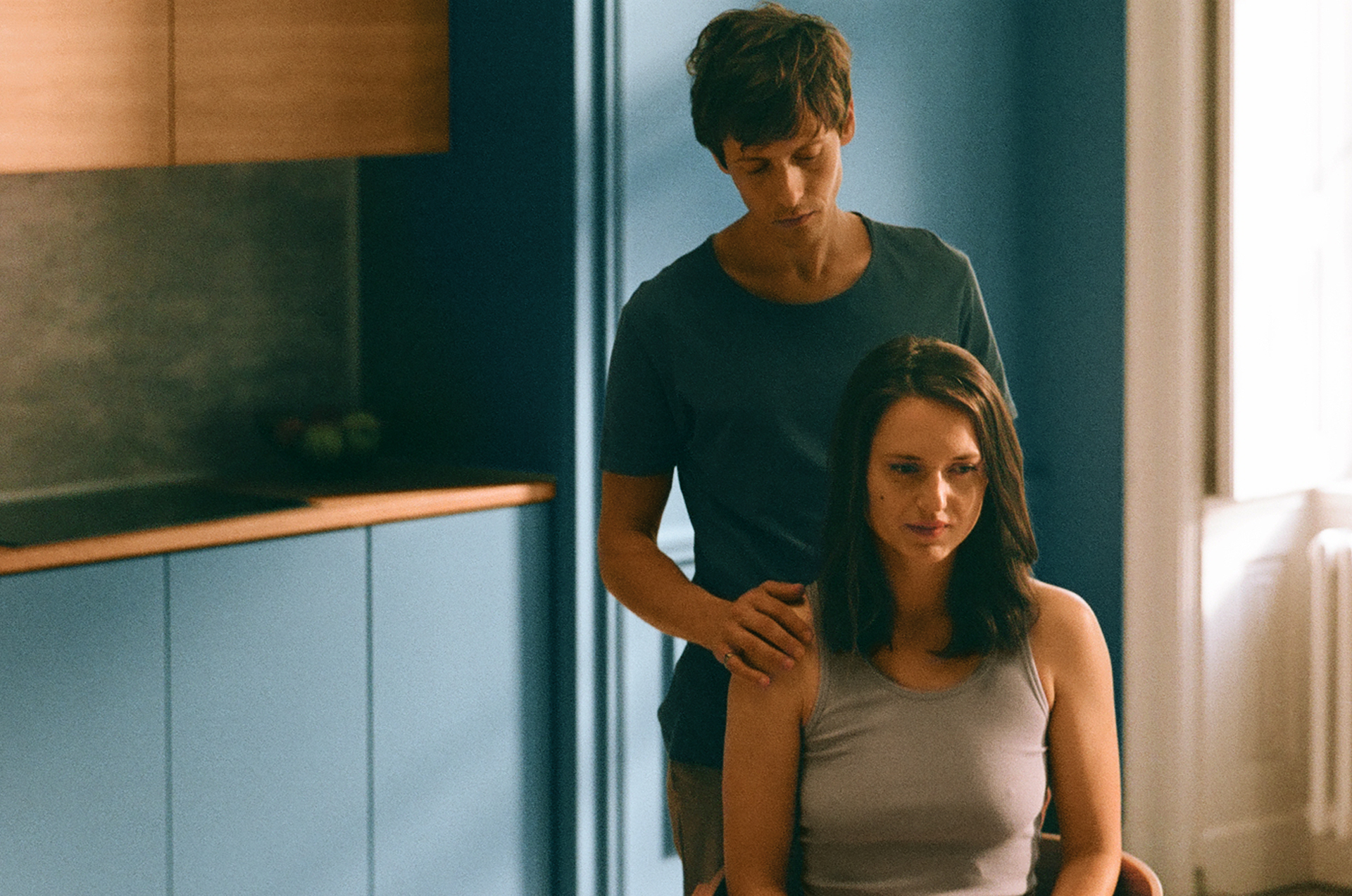
Spiritual sequel
Nobody Likes Me shares an invisible lineage with its predecessor, I, Olga Hepnarova, echoing several of the same motifs. In addition to its psychological portrayal of outsiders and loners with a rich inner life, shared themes include the pressures of society, difference and nonconformity, and lack of tolerance. Producer Vojtěch Frič of love.FRAME says he noticed references, quotes, and even frames similar to I, Olga Hepnarova during the course of the shoot. He adds that the title Nobody Likes Me was also originally considered for the directors’ debut film.
Still, however much Nobody Likes Me appears to be the spiritual sequel to Weinreb and Kazda’s celebrated first film, their sophomore feature will be an autonomous work in its own right, and unlike its progenitor it is not based on real events. The directors acknowledged that this time out they have steered the story in a more intimate direction, employing visual motifs of the body and corporeality in contrast to uniforms.
Kazda notes that the technique of shot–reverse shot has been an important tool in their poetics, and in their storytelling approach in particular. In terms of cinematography, this time the directors have prioritized longer static shots and a decelerated rhythm. The most significant difference between their first and second films is the expressive use of zooming in Nobody Likes Me.
Weinreb goes on to elaborate that Nobody Likes Me will feel more stylized than their first film. This is not solely the result of switching to color film but also due to their conscious approach to color palette, art design, and lighting. He says the color contrast produced by their distinct set design (production designer Pavol Andraško) and costumes (I, Olga Hepnarova costume designer Aneta Grňáková), as well as the art direction, are intended to evoke a dreamlike quality.
Another distinctive feature will be the editing. Frič, who in addition to producing Nobody Likes Me also handled the editing as he did on Weinreb and Kazda’s debut, says his aim is to create an effect of timelessness. While the images will connect to each other visually, the impression won’t necessarily translate into the perception of time and causality, with the directors employing an episodic method of narrative.
Discussing the film’s aesthetics, Kazda acknowledges that the brunt of the narration will be borne by images and imagery. Weinreb elaborates that in the era of booming premium VOD content and quality TV, the scriptwriting for small-screen productions has achieved a superior standard. Given that their sophomore feature is intended primarily for the big screen, they dialed back the dialogue and focused more on images and visual narration to deliver a truly cinematic experience.
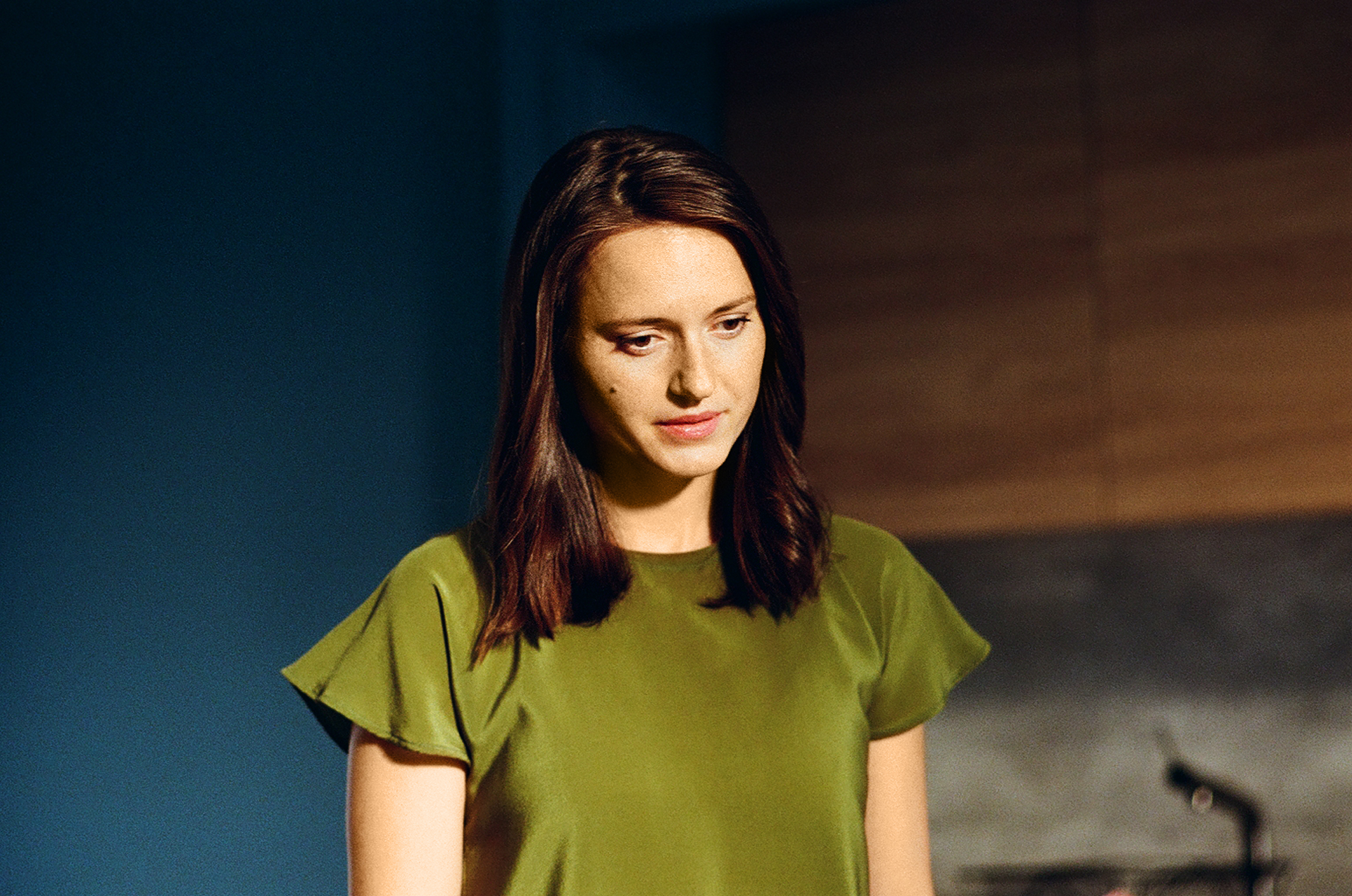
Outcasts unite
Nobody Likes Me’s international cast is led by the rising Slovak actress Rebeka Poláková (The Cleaner, Gypsy) as the reclusive and introverted Sára. The mysterious stranger Martin is played by Lithuanian actor Mantas Zemleckas (Song for a Fox), who was chosen for the role in a virtual casting session to keep everyone safe from COVID. The main quality that got Zemleckas the role as an intersex character was his genderqueer look, which the directors liken to David Bowie’s omnisexual extraterrestrial alter ego Ziggy Stardust.
The strong character of Sára’s mother is portrayed by the award-winning Slovak-born Italian actress Barbora Bobuľová (Sacred Heart, All My Nights), returning to Czech and Slovak cinema where her career began. Playing the two people closest to the alienated Sára, her father and her friend, are Miroslav Hanuš (We Are Never Alone, Charlatan) and Hana Vagnerová (Bathory, The Devil’s Mistress), while Czech actress Regina Rázlová, who most recently starred in the provocative tragicomedy Cook F**k Kill, will appear in a supporting role.
Nobody Likes Me is produced by the Czech outfits Black Balance (Kazda and Weinreb) and love.FRAME (Frič), joined by their French co-producing partner from I, Olga Hepnarova, Arizona Productions (Guillaume de Seille). ARYTMIA of Slovakia (Michaela Jelenek, Juraj Lehotský), Swiss Bord Cadre Films, and Czech Television boarded the film as co-producers, and support for the film has been provided by the Czech Film Fund, the Slovak Audiovisual Fund, the Prague Film Fund, and Creative Europe – MEDIA.
The directors are planning to show the early cut to coproducers around the time of the Cannes Film Festival. Meanwhile, they continue editing to have a final cut done in early fall and postproduction wrapped by the end of winter 2022.
Nobody Likes Me will be ready for world premiere on the festival circuit in early 2023, with wider theatrical release anticipated in the first half of 2023. Bontonfilm, the local distributor for I, Olga Hepnarova, is handling release of the new film for the Czech and Slovak territories. Negotiations for an international sales agent are ongoing.
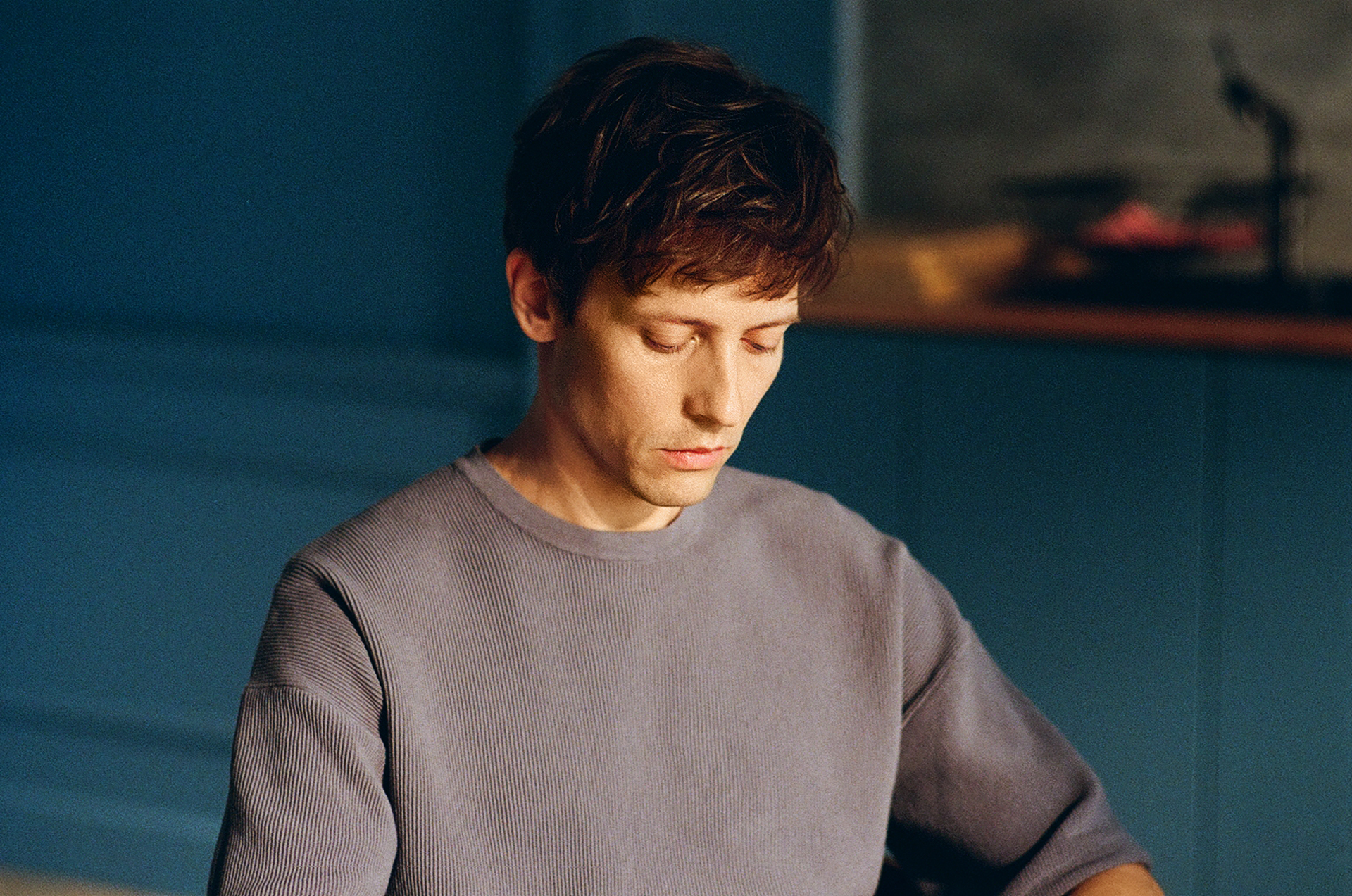
Teamwork Makes the Dream Work
While the directing duo of Weinreb and Kazda will be preoccupied with completing Nobody Likes Me through the end of 2022, it’s already clear their creative symbiosis is bound to transcend their second feature. Currently they are developing a third feature-length project together, under the working title The Forest. The new film will be their first collaboration with progressive young producer Tomáš Hrubý of the Czech outfit nutprodukce, while they will still continue to work with their steady French partner Guillaume de Seille (Arizona Productions).
At the center of The Forest is the sawmill owner Libor, who lives a simple life with his girlfriend Jana and their two kids, a 17-year-old daughter and a month-old son. After a hurricane wreaks havoc in the forest, Libor sees an opportunity to turn the disaster into profit and secure his family’s future, but since he lacks the resources to log the timber, he accepts an offer from a large company. The Faustian bargain takes Libor on a downward spiral, and his family soon disintegrates beyond recovery.
Weinreb and Kazda acknowledge that The Forest, a tragic story that lies at the topical intersection of environmentalism and capitalism, marks a departure in their filmography, being more plot-driven than their previous efforts, with complex storytelling and elliptical narration, although Weinreb hastens to add that they aren’t about to “abandon poeticism and compelling visuals.” He says, “Only through sufficiently long monologues can we accomplish the effect of mutual alienation, cutting to the heart of what we are trying to say, and better understand our characters’ inner lives.”
The Czech Film Fund supported development and production of The Forest with a total of €356,000, and the project has been tapped for the prestigious L’Atelier program at this year’s Cannes. The initiative spotlights singular projects and voices from around the world, connecting directors with film professionals to help them gain access to international financing and, ultimately, speed up the production process. Weinreb says principal photography on The Forest is tentatively set to unfold in summer/autumn 2023 over the course of 13 weeks, and the film will be shot on 35mm.


